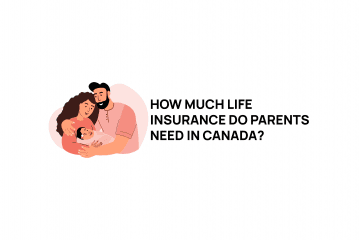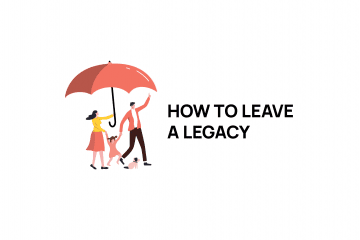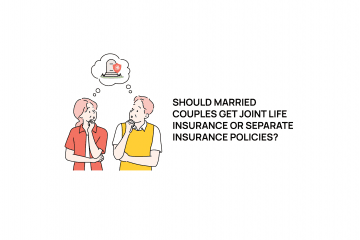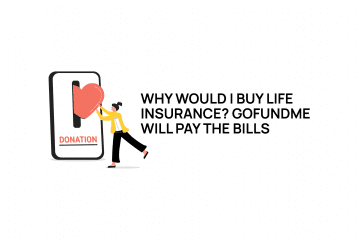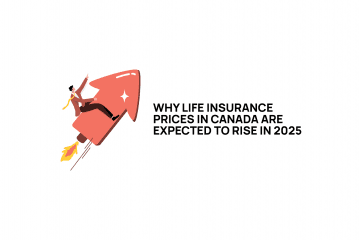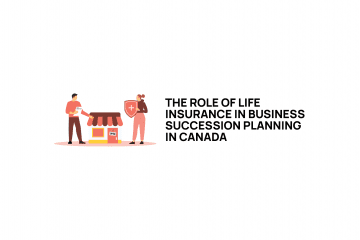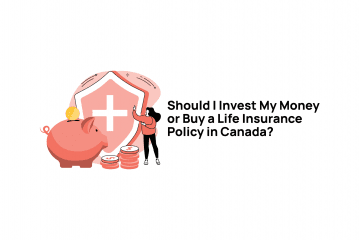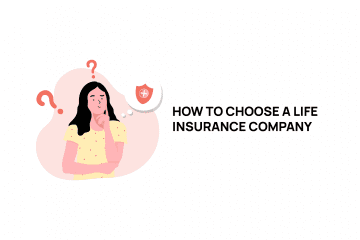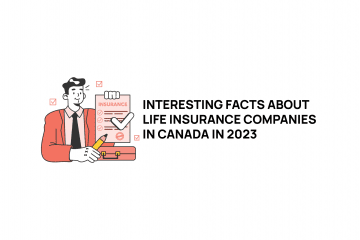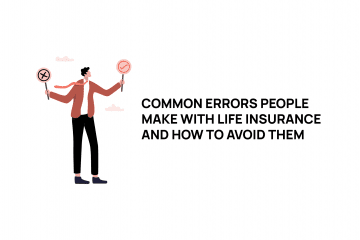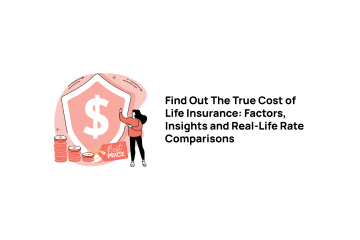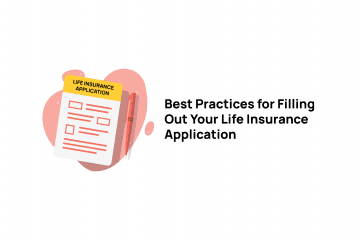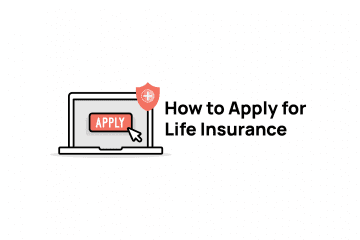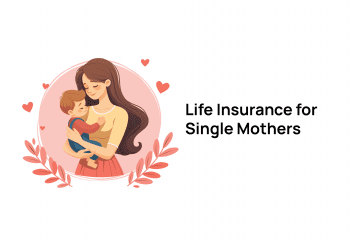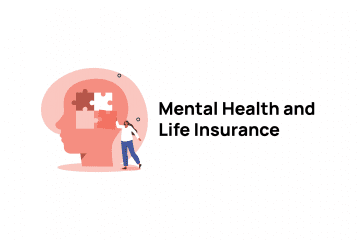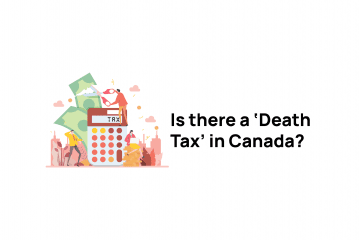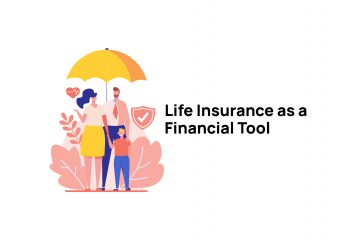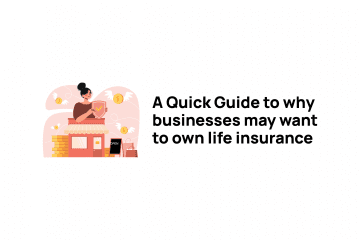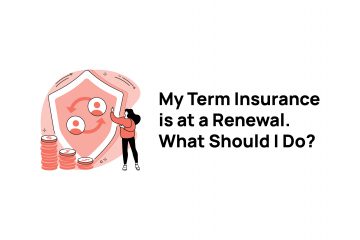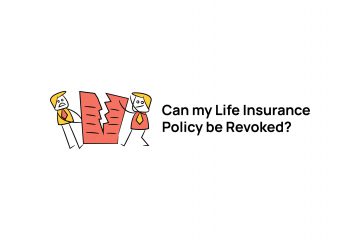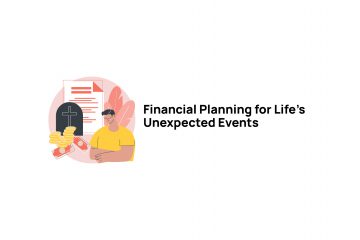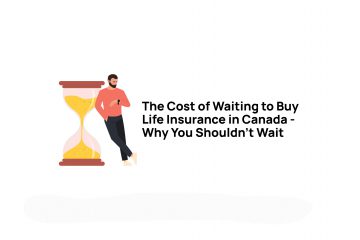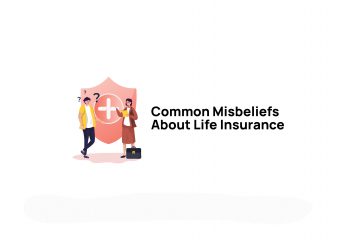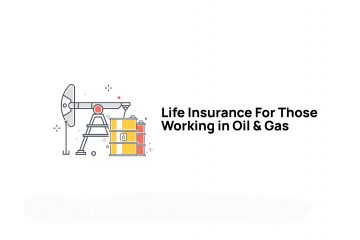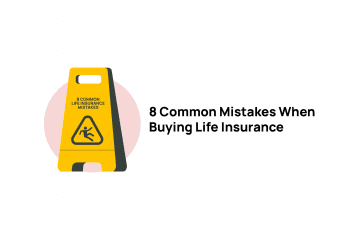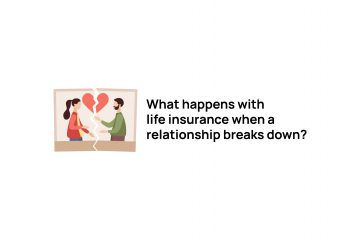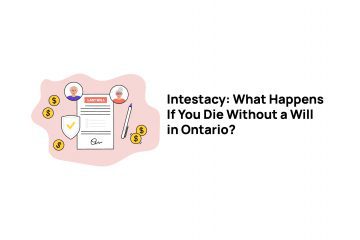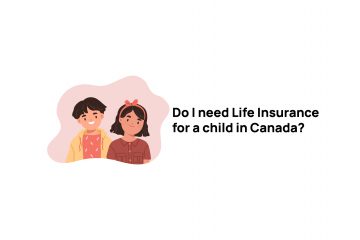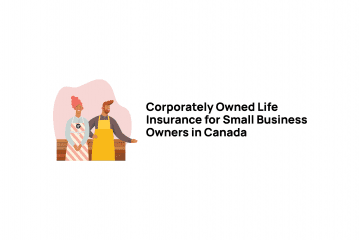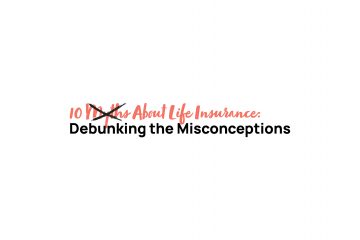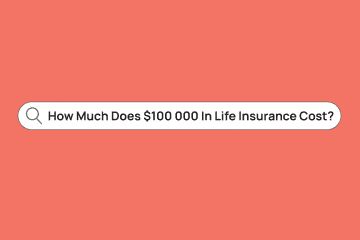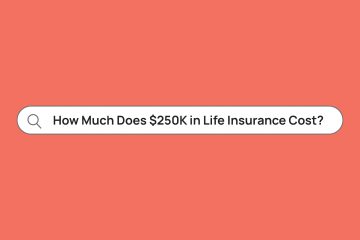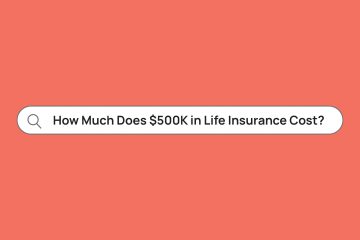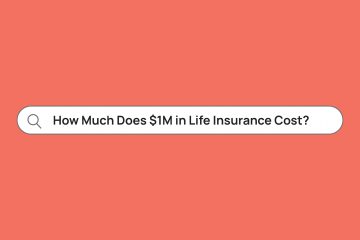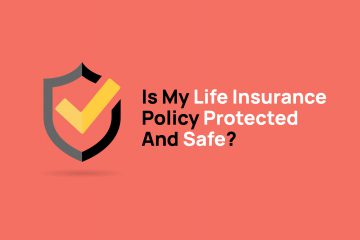We scoured the internet to find out Canada’s top questions about term life insurance. Here are the top 7 most asked questions about term insurance questions answered.
In this article:
- What Does Term Life Insurance Do?
- Do You Get Your Money Back At The End Of A Term Life Insurance?
- What Is Not Covered By Term Life Insurance?
- Is Accidental Death Covered In Term Insurance?
- Is Term Life Insurance Effective Immediately?
- Can You Cancel Term Life Insurance At Any Time?
- How Should I Cancel A Term Life Insurance Policy?
1) What Does Term Life Insurance Do?
Term life insurance provides the maximum amount of life insurance death benefit, at the lowest possible premium (price) for a defined period of time known as the term – typically 10,20, or 30 years.
The unstated assumption with term insurance is that at the end of the term, that life insurance coverage is no longer needed and that you’ll cancel the policy – because at the end of the term the policy renews at a higher premium and may then no longer be the least expensive coverage over longer periods of time.
2) Do You Get Your Money Back At The End Of A Term Life Insurance?
No, there’s no money to ‘get back’. Term life insurance is effectively pure life insurance with no overt investment component. You can think of it as being similar to car insurance – there’s no money back at the end of your car insurance policy either. Your premiums cover mortality risk, based on your age (which is basically your probability of dying over the term). So there’s no investment to get back. This is also one of the reasons why it’s the least expensive coverage available.
There are rare exceptions to this. Rarely some companies may offer a ‘return of premium’ rider option you can purchase. This rider comes at an extra cost – by paying that extra cost on top of your life insurance premiums, at the end of a period of time the company will refund you your premiums, without interest. This is rarely a cost-effective solution, you’ll be better off financially to put those additional costs in something designed to produce interest. Therefore, Life Insurance Canada.com doesn’t recommend term life insurance with the return of premium option.

3) What Is Not Covered By Term Life Insurance?
What term life insurance DOES cover is death due to any means. What it doesn’t cover is anything else other than death.
There are two exceptions to the coverage paid out upon death. The first is suicide in the first two years of the policy. The second are policies that were issued due to (to paraphrase the actual policy) fraudulent misrepresentation, lack of information, or incorrect information. Other than those two reasons, if you pass with an inforce term life insurance policy you should expect the life insurance company to pay your death benefit.
4) Is Accidental Death Covered In Term Insurance?
Yes! Accidental death is covered in term insurance, because it covers death due to any reason – accidental or medical (with the exception of the two points noted in the previous section).
This is a bit non-intuitive, but accidental death is fairly rare so while it is covered, much more important is coverage for medical reasons. Most people will pass away from medical reasons such as heart attack, cancer, or stroke and not in a car or plane accident. Nevertheless, our fears tend to center around catastrophic mechanical accidents, so rest assured, term life insurance does cover accidental death.
Get a free quote
5) Is Term Life Insurance Effective Immediately?
The answer to this lies in being very specific around what we mean when we say ‘immediately’.
Your term life insurance policy is in force and effective based on three things:
- The policy has been issued by the insurance company.
- You’ve confirmed that there’s been no changes in your insurability since the application (Life Insurance Canada.com will confirm this with you when we send you the policy).
- You’ve paid your first month’s premiums.
Once those three things have happened, then yes, your term life insurance coverage is in effect immediately. There’s no waiting period.
There’s one more situation where your coverage may be in effect prior to those three things though. Some companies may offer you ‘temporary insurance’. Temporary insurance covers you between the time you apply for the life insurance, and the time the policy is in force – it’s put in place when you apply. Temporary insurance does require that you deposit your first month’s premium with the application – there’s no charge for temporary insurance but it does require a payment of some type so this deposit is put towards your first month’s premium once the policy is issued. And temporary insurance does have some limitations on coverage. However it is available from some companies in order to provide you coverage immediately.
Temporary insurance is also your reassurance that you can apply for a policy, then relax while the company takes the time to do their underwriting, as you do have the temporary coverage in place until the full coverage policy is issued.
6) Can You Cancel Term Life Insurance At Any Time?
Yes – you can cancel at any time. Further, the expectation is that you will cancel the policy at the end of the term (at the end of the 10,20 or 30 years) because at that point your premiums will increase substantially.
A word on vesting of premiums. If you’re paying monthly, then your last month’s premium that’s been paid is not refundable. However there’s no penalty – no further premiums are due. If you’re paying annually, some companies may refund you a part of the unused premiums, but other companies may not. So if you’re paying annually and thinking of canceling, we recommend that you switch to monthly payments at the next policy anniversary, to prevent the possibility of any of your annual premiums being kept by the company.

7) How Should I Cancel A Term Life Insurance Policy?
First, and most importantly, never cancel a term life insurance policy until you have new coverage in place – failing to do that leaves you exposed to the possibility of no coverage in the future.
In practice the way a life insurance company would prefer you to cancel is through a written notice to them. If you write them and tell them to cancel, they’ll cancel your policy immediately.
But there’s a better way. Instead of you cancelling the policy, let the company cancel on you. This gives you a free month of coverage. To do this, place a stop payment on your life insurance premiums with your bank. When the life insurance company goes to withdraw it’s premiums, the bank will refuse. The company will then attempt to contact you urgently to tell you that you missed your premiums (which was your intent of course). However they’ll actually keep your policy in force for another 30 days. At the end of the 30 days, the life insurance company will cancel your policy on you due to unpaid premiums.
You should know that doing this does NOT impact your credit. And you do not owe the premiums for the 30 days that the life insurance company kept the policy in force for. So there’s no drawback to doing this and you get a free month’s coverage in the meantime.
It also provides you with one further fallback. If something should happen in the 30 days and you change your mind about cancelling, all you need to do is pay the overdue premiums for that month, and the policy will immediately carry on as before.
Still have questions about term life insurance? You can always book a call with one of our life insurance specialists or reach out to us online.


